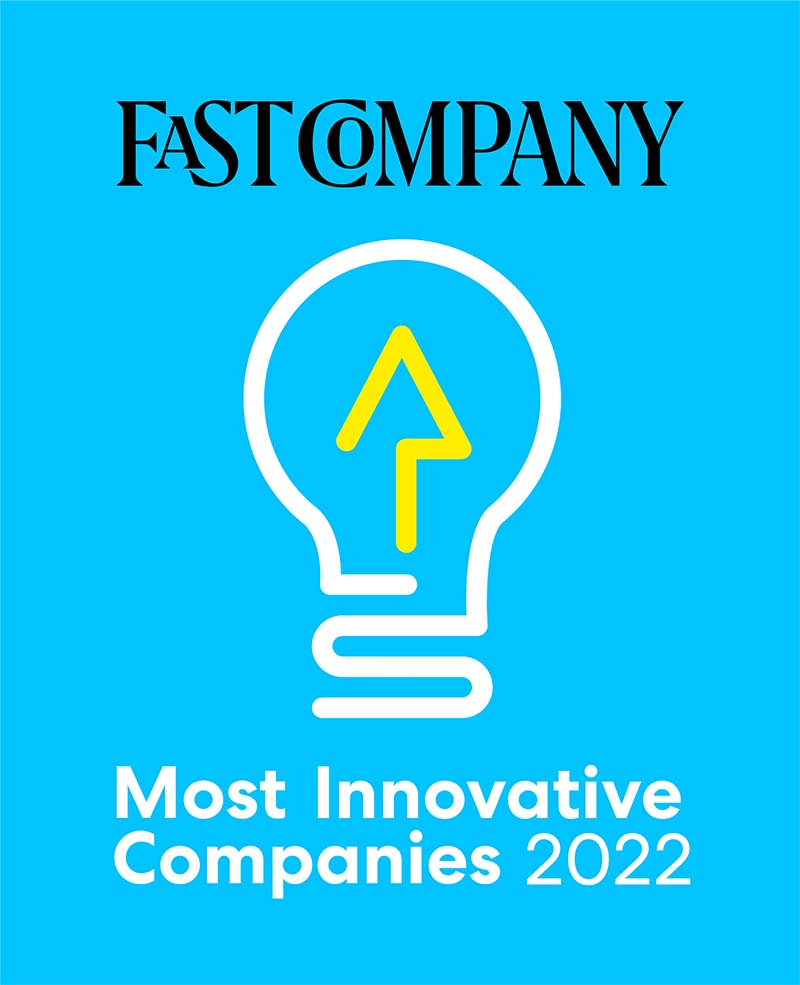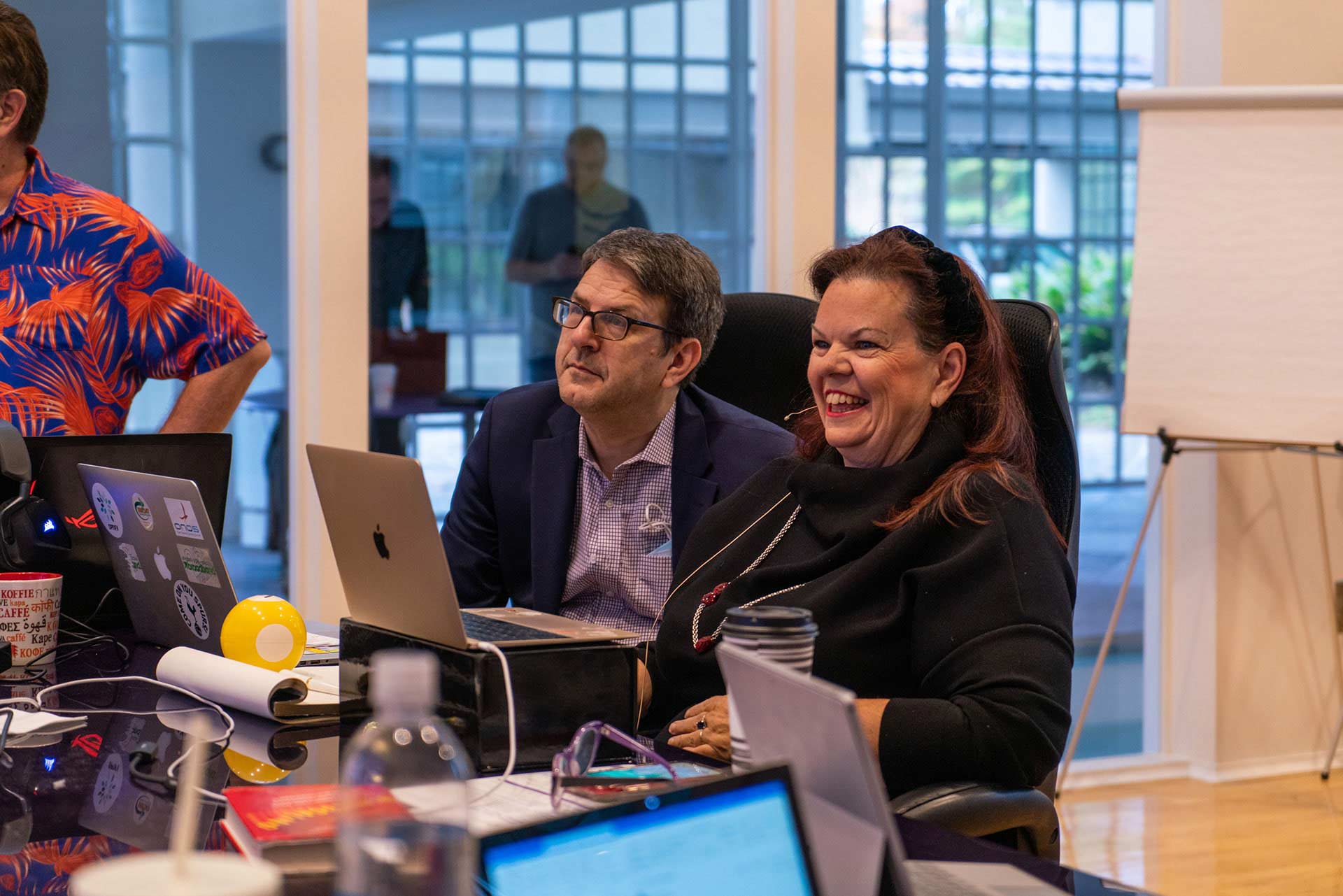

Virtuosi, the world’s first virtual reality-based training program for pharmaceutical manufacturing employees, has earned biopharma consulting firm Quality Executive Partners, Inc. (QxP) distinction as one of Fast Company’s 2022 Most Innovative Companies in Manufacturing.
“The world’s most innovative companies play an essential role in addressing the most pressing issues facing society,” said Fast Company Deputy Editor David Lidsky. QxP’s Virtuosi is a groundbreaking solution for reducing the training bottlenecks and cleanroom error rates that prevent pharmaceutical manufacturing operations from achieving productivity gains and assured capability in meeting global demand.

The pharmaceutical industry aims to embrace Industry 4.0 advancements as part of the push to improve efficiency, but also as a necessary component in the development of the many new Advanced Therapies being commercialized. This revolution in advanced manufacturing requires an equally disruptive revolution in education and upskilling of the pharmaceutical workforce.
“We created Virtuosi for the pharma industry because the conventional way of training through rote teaching and memorizing technical procedures just does not deliver consistently,” said QxP COO Brian Duncan. “Trainers do their best to share their knowledge with the next set of trainers, who do their best to train new employees, but consistency is lost. This is important in traditional large-scale manufacturing, but in Advanced Therapies products, the importance of effective education and training is even more pressing.”
Virtuosi educates employees through its catalogue of engaging, robust video-based educational programs with virtual reality practice sessions and assessments. The Virtuosi platform assures consistent education across technical content matter, even across languages. Virtuosi is available in English, French, German, Spanish, and Swedish.
“Virtual reality-based training combined with on-demand video-based education sessions is the only way forward if the pharmaceutical and life sciences industries want to reduce training times for new entrants, lower batch error rates, improve employee satisfaction in their jobs, and deliver an improved bottom-line,” Duncan said.
“The pharma industry’s human error rates have remained stubbornly high over the years, certainly too high for cell and gene processing,” noted Duncan, “It has to be as close to zero as possible. The data we are seeing so far demonstrates that newly hired employees can consistently achieve a less than one percent error rate when trained using Virtuosi as a central component of their onboarding programs. This data also illustrates that immersive training in particular helps reduce training time by one-third and time to competency by fifty percent, thus addressing the bottlenecks facing the industry’s expansion into advanced therapies.”
About Quality Executive Partners, Inc.
Quality Executive Partners, Inc. (QxP) is a global management consulting and technology firm providing the pharmaceutical industry with innovative solutions and revolutionary technical education programs, including Virtuosi®, an immersive educational platform leveraging the power of virtual reality to train pharmaceutical manufacturing employees. QxP’s experienced team of experts advises pharmaceutical and life sciences companies all over the globe. https://www.qualityexecutivepartners.com/
About Virtuosi
Virtuosi powered by QxP is the world’s first and only comprehensive multi-language immersive training platform for pharmaceutical manufacturing operators in aseptic processing, microbiology, and cell and gene therapy processing. The immersive platform combines in-depth, precision-focused teaching videos with virtual reality experiences through which employees apply and practice the techniques they learn. Practice makes perfect. Virtuosi is available in English, French, German, Spanish, and Swedish. https://www.virtuosivr.com/













.jpg)



.jpg)

.jpg)
.jpg)

.jpg)

.jpg)

